
Tomorrowland
Our Journey from Science Fiction to Science Fact
ISBN: 9780544456211
Pages: 308
Recommendation
What makes a technological development “massively disruptive” in scale? People often think that progress moves in a linear fashion, but exponential change advances in an “eye-blink,” shattering preconceptions and making dominant paradigms obsolete. Journalist Steven Kotler surveys scientific breakthroughs in which speculative science fiction becomes fact, such exponential change that it transforms humankind and taps the bounty of space. In his first section, “The Future In Here,” he examines the present-day impact of science and technology. In the second part, “The Future Out There,” he covers the ways science and technology are changing the world at large. He anticipates a future where psychedelics help cure diseases. Fast, edgy and full-on geek, but not without caution, Kotler will whet your appetite for big, disruptive tech. getAbstract recommends his look forward to students, entrepreneurs and executives who think their views of the future could use enlightening disruption.
Summary
About the Author
Journalist and best-selling author Steven Kotler is director of research at the Flow Genome Project. His other nonfiction books include Abundance, Bold and The Rise of Superman.








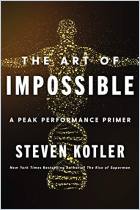
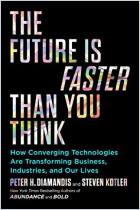
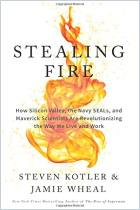
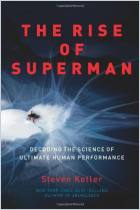
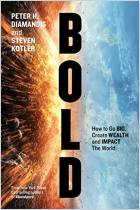
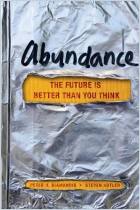
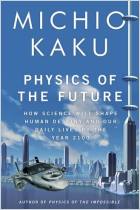

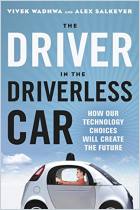
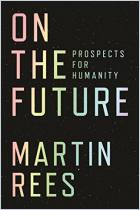

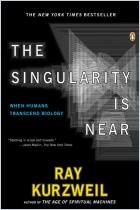




Comment on this summary or Comenzar discusión